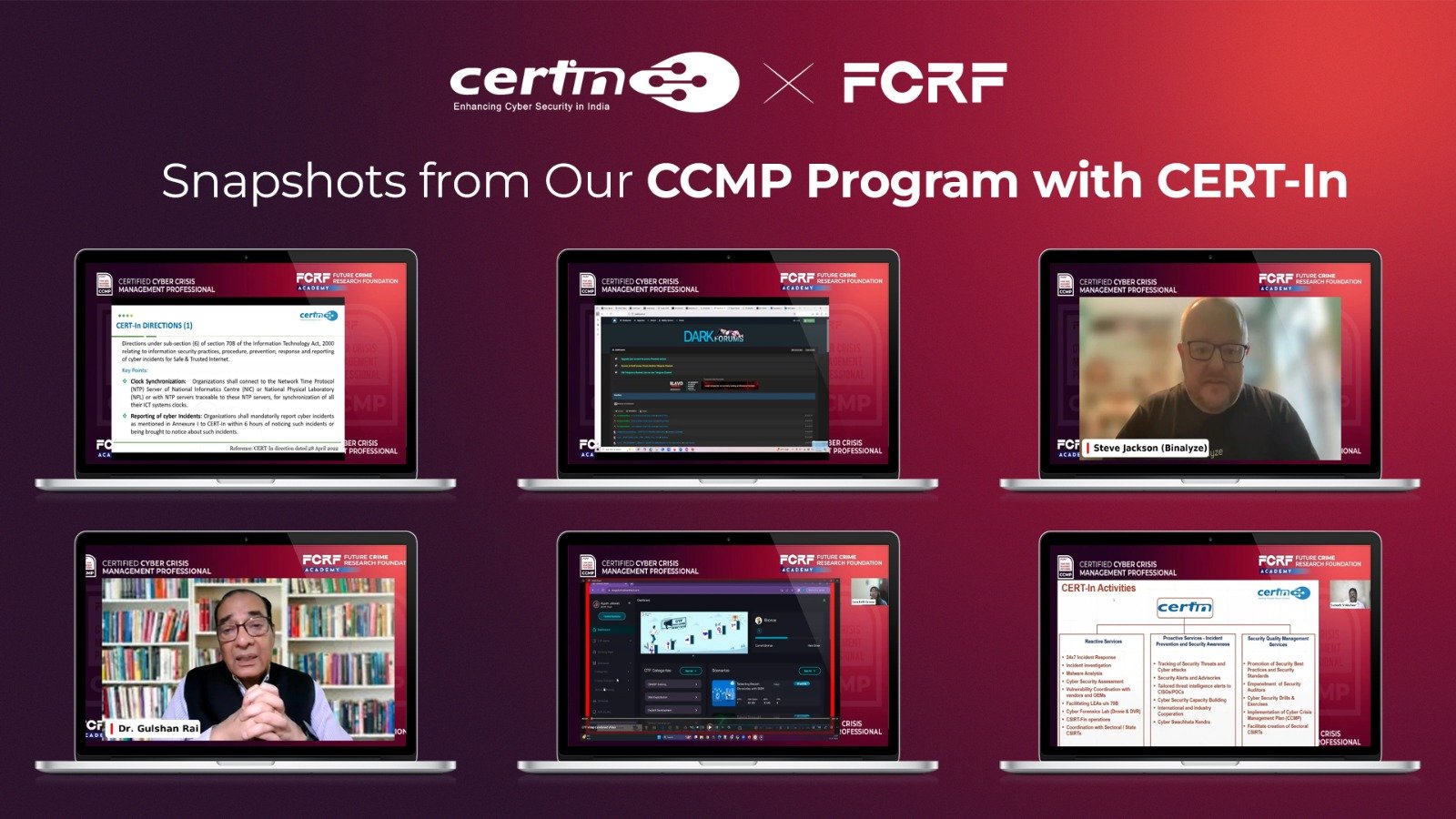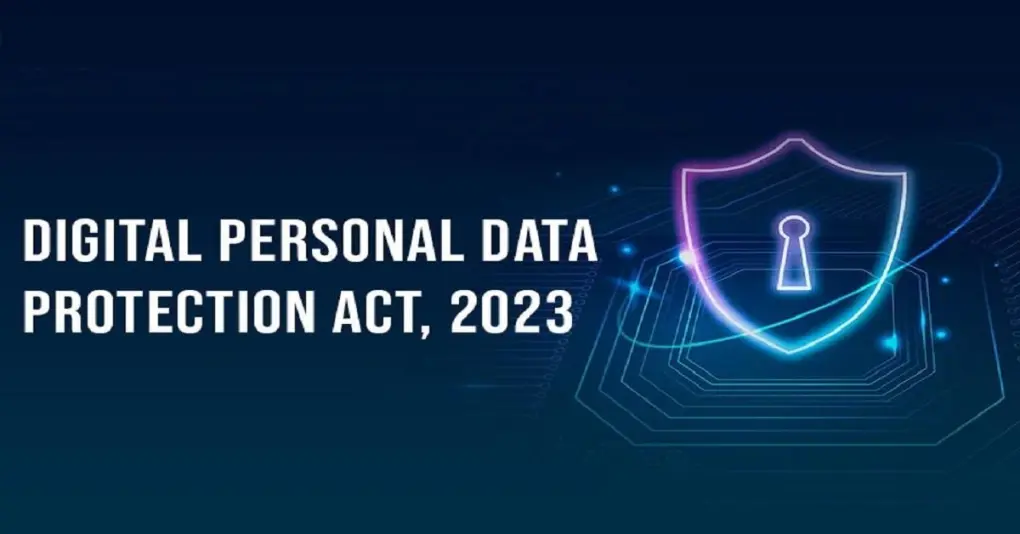For most industries, India’s Digital Personal Data Protection Act (DPDPA) represents a significant compliance challenge. But for the pillars of India’s service economy—the Information Technology (IT), Business Process Outsourcing (BPO), and Banking, Financial Services, and Insurance (BFSI) sectors—it’s a paradigm shift that redefines the very nature of their operations. The clock is ticking, and the cost of inaction isn’t just a potential fine of up to ₹250 crore; it’s the potential loss of client trust, market access, and competitive advantage.
Final Call: Be DPDP Act Ready with FCRF’s Certified Data Protection Officer Program
These sectors don’t just handle data; they are built on it. This unique position exposes them to a complex web of risks that the DPDPA brings into sharp focus.
The Unique Crucible for IT & BPO
India’s IT and BPO giants serve as the world’s back office, processing vast quantities of data for clients in the US, Europe, and Asia. Their challenge is threefold:
- Navigating a Global Regulatory Maze: An Indian BPO processing healthcare claims for a German client is simultaneously bound by the DPDPA for its Indian employees, the EU’s GDPR for the client data, and potentially other international regulations. Understanding the hierarchy and interplay of these laws—especially concerning cross-border data transfers—is a monumental task with zero room for error.
- The Fiduciary-Processor Dilemma: Under the DPDPA, an organization’s role as a ‘Data Fiduciary’ (determining the purpose and means of processing) or a ‘Data Processor’ (processing on behalf of the fiduciary) dictates its responsibilities. IT firms often play both roles, creating significant operational complexity in data mapping, consent management, and liability.
- Supply Chain Vulnerability: The modern IT ecosystem relies on a chain of vendors and sub-processors. Under the DPDPA, the primary fiduciary remains responsible for breaches caused by its vendors. Ensuring every link in the chain is compliant is a massive governance challenge.
For BFSI: A Crisis of Trust and Technology
The banking and fintech sector handles the nation’s most sensitive personal data—financial records, KYC details, and biometric information. For them, the DPDPA introduces critical pressure points:
- Granular Consent on Legacy Systems: The Act requires consent to be free, specific, informed, and unambiguous for every distinct purpose. How can a bank with millions of customers and decades-old legacy systems re-engineer its processes to manage such granular consent for dozens of products, from loans to credit cards to insurance?
- The Burden of Breach Notifications: A data breach in the financial sector can be catastrophic. The DPDPA mandates swift notification to both the Data Protection Board and affected individuals. Managing this process—identifying the breach, assessing its impact, and communicating it effectively—requires a robust, pre-planned strategy that most are yet to build.

The Solution: A Strategic Playbook, Not Just a Legal Briefing
Legal advice alone is insufficient to tackle these deep-seated operational challenges. What these sectors need is a strategic playbook—a comprehensive program that blends legal principles with technical implementation and governance frameworks.
This is precisely the gap the Certified Data Protection Officer (CDPO) program from the Future Crime Research Foundation (FCRF) is designed to fill. Looking at its curriculum, it becomes clear that it’s been engineered for these high-stakes environments:
- The module on Foundations of Data Protection covers GDPR, CCPA, and DPDPA principles in unison, directly addressing the global regulatory maze faced by the IT and BPO sectors.
- Operational Compliance provides actionable guidance on data mapping and creating a Record of Processing Activities (ROPA), essential for solving the Fiduciary-Processor dilemma.
- The Risk & Breach Oversight module is a masterclass in managing the modern threat landscape, covering DPIAs, breach response, notifications, and the critical issue of vendor risk—a direct answer to supply chain vulnerabilities.
- For the BFSI sector, the deep dive into Consent, Rights & Transparency, including DSAR workflows and valid consent mechanisms, offers a direct path to modernizing their consent architecture.

Developed by FCRF—an institution incubated at IIT Kanpur’s AIIDE-CoE with a proven track record of training national cyber leaders with CERT-In—the CDPO program is more than just a course. It is an intensive, four-week immersion into the practical realities of data protection. With its real-world templates and compliance simulations, it equips professionals not just with knowledge, but with the actionable expertise to build resilient, compliant, and trustworthy organizations.
As organizations across these vital sectors rush to appoint Data Protection Officers, the question is no longer if they need a DPO, but how well-equipped that DPO will be. For those seeking to lead, not just comply, the playbook is available. Interested participants can register through the official FCRF Academy portal by clicking here.




